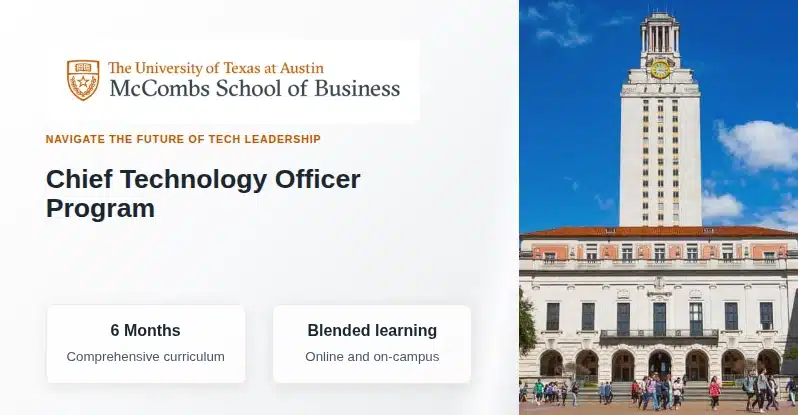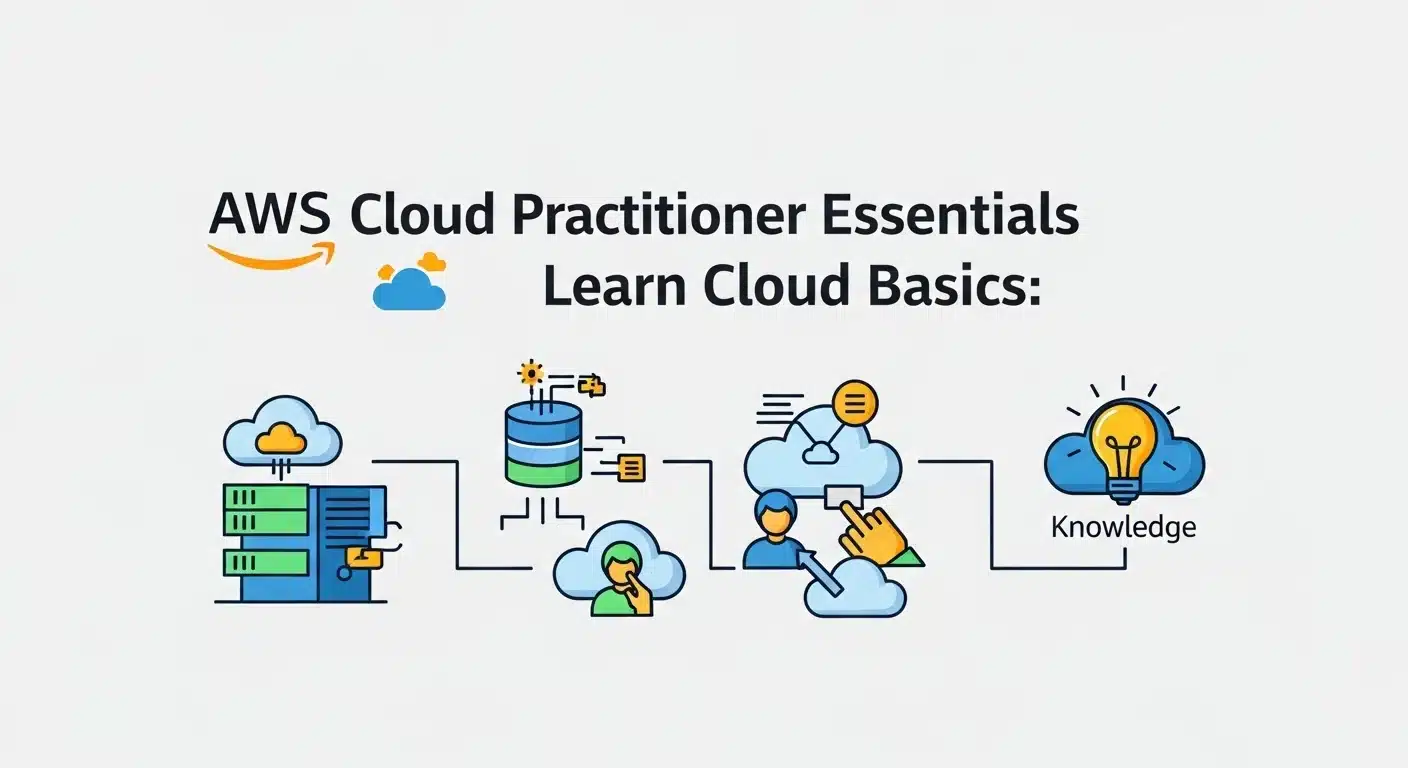In the digitized world, cybersecurity is a necessity. Ransomware, phishing and state-sponsored attacks have increased making security in businesses a survival need rather than a technical process across the industries.
This has resulted in a worldwide challenge of skilled workers who are in a position to protect networks, identify breaches, and develop resilient systems.
To cover this gap, Johns Hopkins University (JHU), ranked among the best educational institutions worldwide in academic discipline and leadership in research has developed a 24-week online Professional Certificate in Cybersecurity Program in partnership with Great Learning.
JHU Cybersecurity Certificate Course
Build in-demand cybersecurity skills with JHU experts. Learn AI, cloud, and network security. Hands-on projects. Flexible online format.
The program is providing a combination of academic and practical training, with specific modules on AI in Cybersecurity, which would provide the learner with credibility and practical training on the skills he will need to work in this dynamic market.
Why Choose Johns Hopkins University?
Credibility is important in the selection of a cybersecurity program. Johns Hopkins is an institution that unquestionably offers:
- Academic Excellence: Consistently ranked among the top U.S. universities and globally recognized in computer science and IT.
- Research-Driven Curriculum: Built on JHU’s work in AI-powered defense, infrastructure security, and threat intelligence.
- Dedicated AI Modules: Specialized training on artificial intelligence applications in cybersecurity, from advanced threat detection to automated defense.
- Global Recognition: Earn a certificate from Johns Hopkins University, respected by employers worldwide.
- Certification Alignment: Get prepared for the CISSP and CompTIA Security+ certifications, two of the most in-demand cybersecurity credentials.
- Practical Approach: Learn with hands-on projects, labs, and mentorship that replicate workplace challenges.
Career Paths After Completion
The Bureau of Labor Statistics in the United States predicts that the cybersecurity job market is going to expand by 32% in 2032, a much higher growth rate than most professions. The graduates of this program are also equipped to work in a large variety of jobs, including:
- Cybersecurity Analyst
- Security Engineer
- Ethical Hacker / Penetration Tester
- Incident Response Specialist
- Security Architect
- Cloud Security Engineer
- SOC Analyst
- Malware Analyst
- Identity & Access Management (IAM) Specialist
- Cybersecurity Consultant
The program also provides the opportunity for career advancement into leadership roles, including Senior Security engineer, Cybersecurity Architect, or Technology consultant, for experienced professionals.
Hands-On Learning with Real Projects
This program emphasizes applied learning through 14+ projects and labs. Learners gain practical experience by:
- Mapping the Equifax breach using NIST 2.0
- Configuring firewalls with iptables
- Generating keys & certificates with OpenSSL
- Performing packet sniffing and spoofing exercises
- Monitoring cloud posture with AWS CloudTrail
- Detecting vulnerabilities with Snyk and OWASP tools
- Conducting SQL injection testing and mitigation
Combined with the AI for Cybersecurity modules, these projects provide learners with conventional knowledge on security as well as a modern perspective of AI-intensified techniques that are transforming the industry.
Tools and Frameworks You’ll Master
Throughout the program, learners gain hands-on experience with leading cybersecurity tools, including:
- NMap – Network scanning and reconnaissance
- OpenSSL – Encryption and certificate management
- AWS CloudTrail – Cloud monitoring
- OWASP Threat Dragon – Threat modeling
- SIEM & EDR Platforms – Security monitoring and incident response
- Docker & Snyk – Securing containerized environments
- MITRE ATT&CK Framework – Mapping attack vectors
- OWASP Top 10 – Web application vulnerabilities
The AI in Cybersecurity modules also expose learners to the capability of machine learning and AI-based analytics in improving such tools and frameworks.
Learn from Experts and Mentors
The program is taught by renowned faculty and supported by industry professionals:
- Thomas Byrd, JD: A cybersecurity leader with 20+ years of experience, formerly with the FBI and Department of Defense.
- Dr. Lanier Watkins, PhD: Chair of JHU’s Cybersecurity programs and a leading researcher with 60+ publications.
In addition to the faculty, learners enjoy one-on-one mentoring with practitioners, engineers, architects, and consultants, assisting in aligning the academic curriculum, the use of AI, and the requirements of the real workplace.
Program Structure
- Duration: 24 weeks, flexible part-time schedule
- Format: Online with recorded sessions, live classes, and monthly masterclasses
- Credential: Johns Hopkins University Professional Certificate + 18 CEUs + project portfolio
- Dedicated Modules: Training on AI for Cybersecurity, covering AI-based defense, threat modeling, and automated detection
- Eligibility: IT professionals, consultants, engineers, and early-to-mid career learners
- Support: Dedicated program managers, peer communities, and AI-powered doubt resolution
Benefits of the Program
- A prestigious credential from Johns Hopkins University
- Hands-on projects aligned with real-world scenarios
- AI for Cybersecurity training to stay ahead of industry trends
- Certification readiness for CISSP and CompTIA Security+
- A strong portfolio of applied work to showcase your expertise
- Mentorship and learner support for career-focused outcomes
Final Thoughts
The cybersecurity course at Johns Hopkins University involves a mix of both academic and practical knowledge. Its focus on AI-based defense, practical laboratories, and international reputation equips the people with the requirements of the modern cybersecurity environment.
Whether you’re beginning your career or aiming for senior-level roles, this program provides the knowledge, tools, and recognition needed to thrive in an increasingly AI-powered security environment.
Join this program, where Johns Hopkins University's collaboration with Great Learning brings world-class curriculum, recognition, hands-on mentorship, and career support to help you grow your cybersecurity career.
Frequently Asked Questions
Q1. How does this program differ from a typical cybersecurity bootcamp?
The certificate provides a blend of academic excellence and professional learning in the industry, unlike short-term bootcamps because JHU offers a certificate at the university level but with a practical orientation.
Q2. Will I be able to combine the course study and a full-time job?
Yes. The flexible design and part-time system render it convenient to working professionals.
Q3. Will this program work with a person who has no prior security experience?
It is. It has fundamental modules and mentored lab activities, which makes it affordable to IT practitioners, as well as, engineers transitioning into the security domain.
Q4. Will my certificate be recognized globally?
Yes. The credential is awarded by Johns Hopkins University, hence giving it a high international rating.
Q5. What kind of career support is available?
You will have mentorship, assistance with project portfolio development and certification preparation which enhances the career opportunities.
Also Read:






